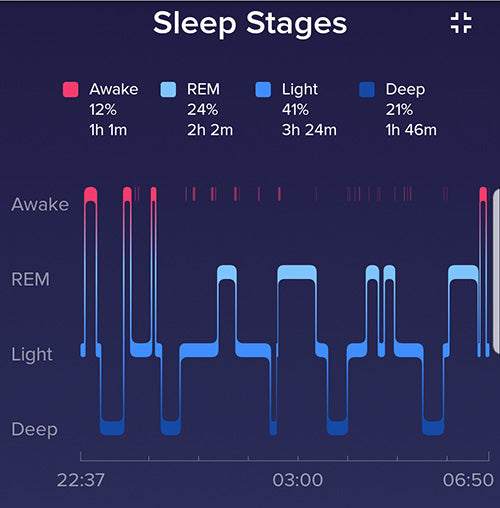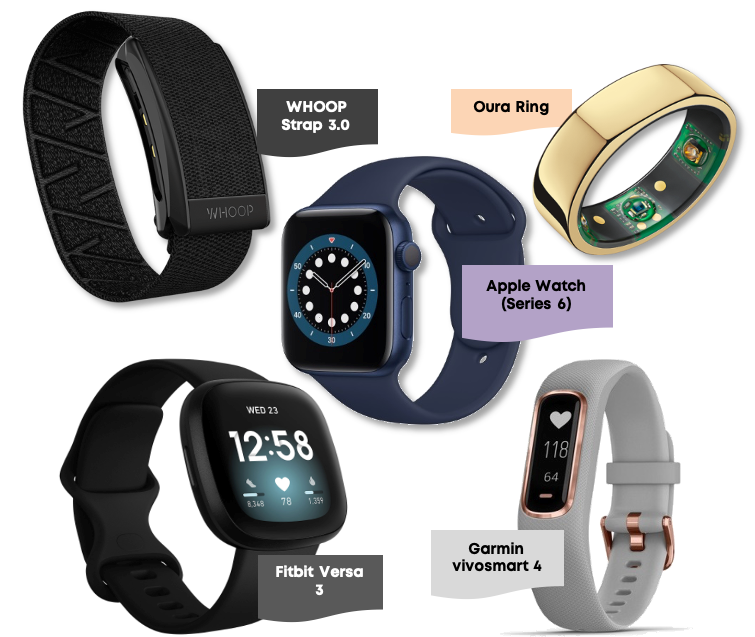7 foods that affect your Sleep
Sleep is one of the most important needs in life. It is essential for maintaining immune health, restoring energy, and memory consolidation. Achieving good sleep quality (i.e. a low sleep latency, a low number of awakenings >5 min, low waking after sleep onset, and good sleep efficiency) and duration (i.e., 7–9 h/day) is necessary for overall health and wellbeing. [1]
Regardless, Canadians with their jam-packed schedules often try to delay sleep as much as possible and may unknowingly do other things that could hinder sleep when they actually do want it. In fact, diet and other lifestyle habits could be secretly sabotaging efforts to get a few hours of much-needed sleep.[2]
Foods That Can Affect Sleep

1. Caffeine keeps you awake
We know that certain foods that we consume can interfere with sleep. The most obvious one in terms of stimulating wakefulness is caffeine. Are you someone who needs a fresh cup of coffee to tempt you out of bed in the morning? Or perhaps you prefer an afternoon cola? Or maybe you’re more the candy bar type – in any case, you’re not alone. In a 24/7 culture, cups of coffee, cans of soda and candy bars are staples of everyday consumers. For some, the day can’t begin without a cup of Timmies and for many students today no study break is complete without a can of Coke. How did caffeine become the drug of choice?[1]
Having caffeine too close to bedtime will keep you up at night. If you don’t know your tolerance, skip the java, especially late in the day.
2. Fatty food is not good for your sleep
Many studies have shown an association between the sleep duration and quality and obesity, diabetes, hypertension and cardiovascular disease risk. Other studies have shown that short sleepers (people who sleep <7 hrs/day) have higher energy intakes mainly from fat and snacks and consume lower proteins, carbohydrates and fibre.[1]
Having fatty foods in the diet including cheeseburgers, Indian curries have been associated with insomnia symptoms. Fat stimulates the production of acid in the stomach, which can spill up into your esophagus, causing heartburn. Fatty foods can also loosen the lower esophageal sphincter, the barrier between the stomach and the esophagus, making it even easier for acid to get in all the wrong places. In fact, there’s almost nothing to recommend this kind of high-fat, salt-laden indulgence if you want to preserve your health, including the quality of your sleep.
3. Avoid Spicy food
Having spicy food could also keep you awake at night. One study conducted in Australia found that young men who poured Tabasco sauce and mustard on their dinner had more trouble falling asleep and experienced less deep sleep than men who ate blander suppers. Spices can also cause heartburn. So definitely don’t do spicy and high-fat in the same late-day meal. It’s a potential sleep-wrecking recipe.[1]
4. Alcohol and a Good Night's Sleep Don't Mix
Alcohol of any kind is “terrible” for sleep. It metabolizes quickly in your system and causes you to wake up multiple times during the night. One study found that a glass of bourbon or vodka mixed with caffeine-free soda at bedtime increased the amount of time women spent awake during the night by 15 minutes. It also reduced nightly sleep time by 19 minutes and diminished quality of sleep. If you don’t refrain from alcohol for your own benefit, do it for your partner as alcohol makes snoring worse so it will impact you and your bed partner.[1]
5. Fruits: Eat cherry before bedtime
Studies have supported the sleep promoting effects of tart cherries and kiwifruit. Cherries are one of the few natural foods to contain melatonin. One study found that drinking tart cherry juice resulted in small improvements in sleep duration and quality in adults who suffered from chronic insomnia. (And travelers often take melatonin capsules to combat jet lag). Why not a few cherries, tart or otherwise, to promote sleep?[3]
The consumption of 2 kiwifruits 1 h before bedtime appears to enhance the sleep of individuals with self-reported sleep disorders and may also promote sleep in healthy individuals. Although further research into the sleep-promoting mechanisms of kiwifruit is needed, several explanations for the effects of kiwifruit on sleep exist. Lin et al. hypothesized that the high antioxidant capacity and serotonin and folate content of kiwifruit may contribute to the observed sleep benefits of kiwifruit consumption.[4]
6. Milk: A glass of milk for better sleep
The first studies to examine the sleep-inducing effects of a specific food date to the 1970s, when Horlicks, a malted milk drink, was tested. Malted milk is made by combining milk and a specially formulated powder that contains primarily wheat flour, malted wheat, and malted barley along with sugar and an assortment of vitamins. It is popularly known as Horlick’s, the name of a popular brand of malted milk powder. The current available evidence suggests that malted milk promotes less restless sleep in both young and old populations, although the mechanisms remain unclear. However, studies indicate that the timing of consumption may play an additional role as to whether the consumption of a malted milk beverage before bedtime enhances sleep.[5]
The explanation for these benefits is uncertain but may have to do with the B and D vitamins in malted milk. Milk itself contains melatonin, and some milk products are melatonin enriched. When cows are milked at night, their milk has more melatonin, and this milk may be useful in providing a natural source of the sleep-producing hormone.[6]
7. Rice will help you sleep
Studies of carbohydrate intake and sleep have had mixed results overall, but some evidence connects rice consumption with improved sleep. A study of adults in Japan found that those who regularly ate rice reported better sleep than those who ate more bread or noodles. This study only identified an association and cannot demonstrate causality, but it supports prior research that showed that eating foods with a high glycemic index around four hours before bedtime helped with falling asleep. The scientists speculate that high-glycemic-index meals may up the production of tryptophan which has sleep inducing properties.[8]
Healthy Diet for Sleep
Given the complexity of diet and sleep, for many people it may be more meaningful to focus on the healthy sleep and diet habits rather than on individual foods and drinks. Nutritionists recommend eating a balanced and consistent diet that is made up mostly of vegetables and fruits. Properly designed, such a diet provides stable sources of essential vitamins and minerals, including those that can promote sleep. An example of this type of diet, the Mediterranean Diet, has been associated with heart health as well as with better sleep.
At Refine Naturals™, we believe in a holistic approach for a better sleep. At Refine Naturals™, we believe “You Deserve Better than FINE!”
References:
- Marie-Pierre St-Onge, Anja Mikic, Cara E Pietrolungo, Effects of Diet on Sleep Quality, Advances in Nutrition, Volume 7, Issue 5, September 2016, Pages 938–949
- Crispim CA, Zimberg IZ, dos Reis BG, Diniz RM, Tufik S, de Mello MT.Relationship between food intake and sleep pattern in healthy individuals. J Clin Sleep Med 2011;7(6):659–64.
- Howatson G, Bell PG, Tallent J, Middleton B, McHugh MP, Ellis J.Effect of tart cherry juice (Prunus cerasus) on melatonin levels and enhanced sleep quality. Eur J Nutr 2012;51:909–16.
- Lin HH, Tsai PS, Fang SC, Liu JF.Effect of kiwifruit consumption on sleep quality in adults with sleep problems. Asia Pac J Clin Nutr 2011;20:169–74.
- Southwell PR, Evans CR, Hunt JN.Effect of a hot milk drink on movements during sleep. BMJ 1972;2:429–31.
- Valtonen M, Niskanen L, Kangas AP, Koskinen T.Effect of melatonin-rich night-time milk on sleep and activity in elderly institutionalized subjects. Nord J Psychiatry 2005;59:217–21.
- Patel SR.Reduced sleep as an obesity risk factor. Obes Rev 2009;10(Suppl 2):61–8.
- Afaghi A, O'Connor H, Chow CM.High-glycemic-index carbohydrate meals shorten sleep onset. Am J Clin Nutr 2007;85:426–30.




